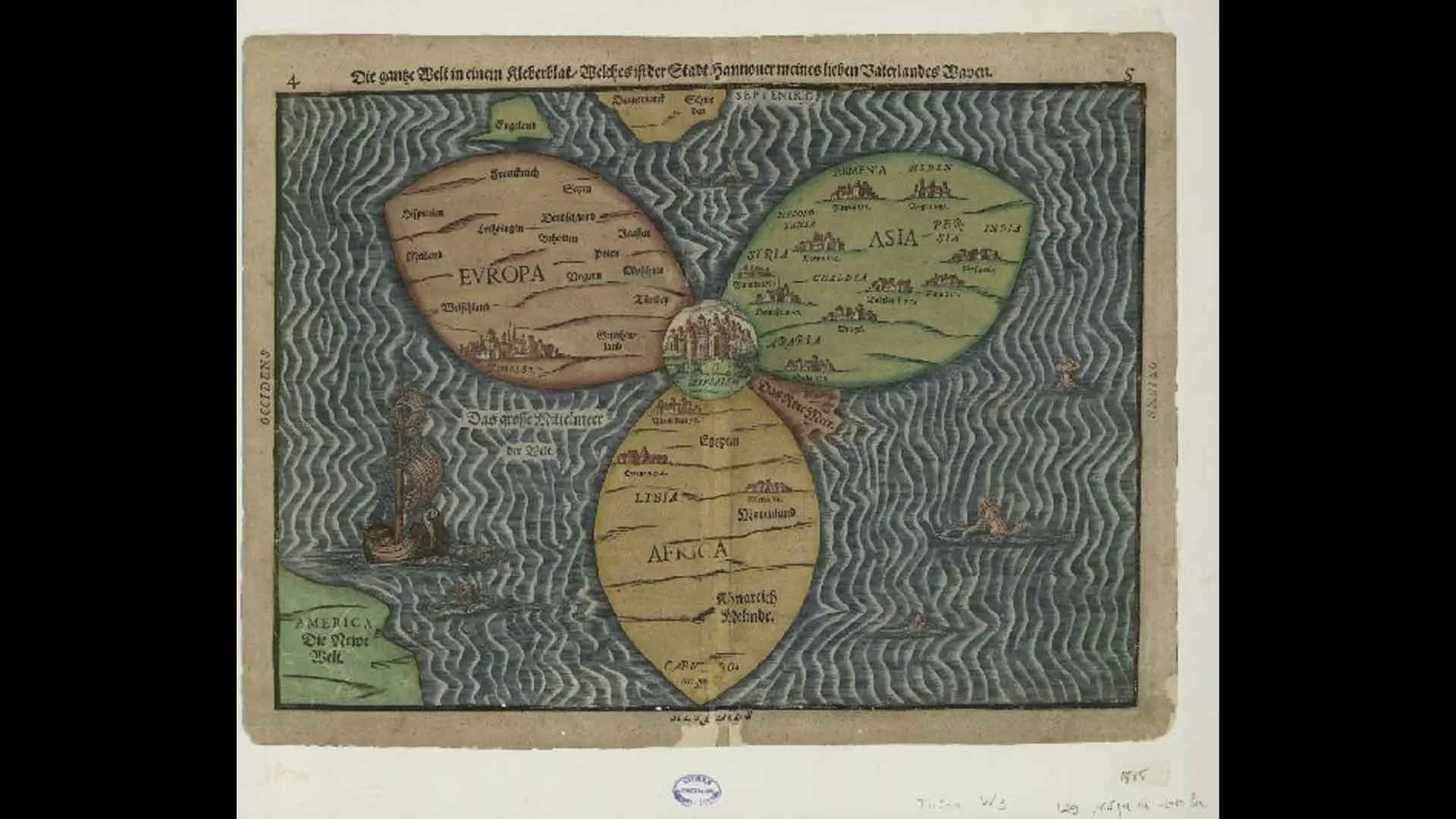For the source text click/tap here: Bava Batra 127
To download, click/tap here: PDF
The people of a town on a lake sent the following question to Shmuel: if we had known one son to be the bechor, and then the father stated that another son was the bechor, who gets the extra portion?
Shmuel answered that the two sons should grant each other right to representation, and between the two collect one extra portion, which they split.
The Gemora explains that Rabbi Yehudah says that a father is believed to identify a son as the bechor, even when we had known a different son to be the bechor, while the Sages say that a father is believed only when we had no prior knowledge who is the bechor.
We focus on the children of Asenath and Joseph :
Jacob says to Joseph, “God Almighty appeared to me ... in the land of Canaan, and there he blessed me and said to me, ‘I am going to make you fruitful and increase your numbers. I will make you a community of peoples, and I will give this land as an everlasting possession to your descendants after you.’"
So, in fulfillment of the divine promise, Jacob "adopts" or "claims" his Egyptian grandkids:
"Now your two sons born to you in Egypt before I came to you here will be reckoned as mine; Ephraim and Manasseh will be mine, just as Reuben and Simeon are mine.
Any children born to you after them will be yours ; in the territory they inherit they will be reckoned under the names of their brothers"
In this story, the two sons of Joseph and Aseneth are grafted into this divinely promised "community of peoples." As such, they are granted an inheritance along with Joseph's brothers, and they become the heads of two tribes of Israel.
Who authored the aprocyphal book about Asenath and how did it serve the diaspora Jews in Alexandria?




















